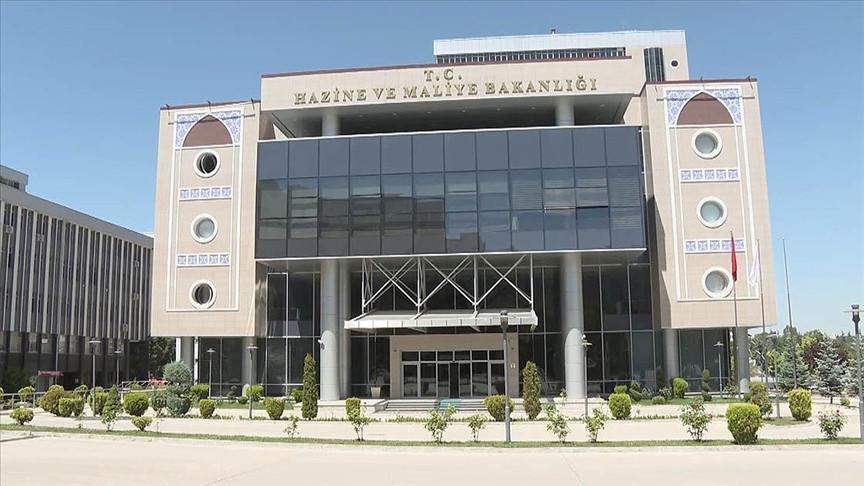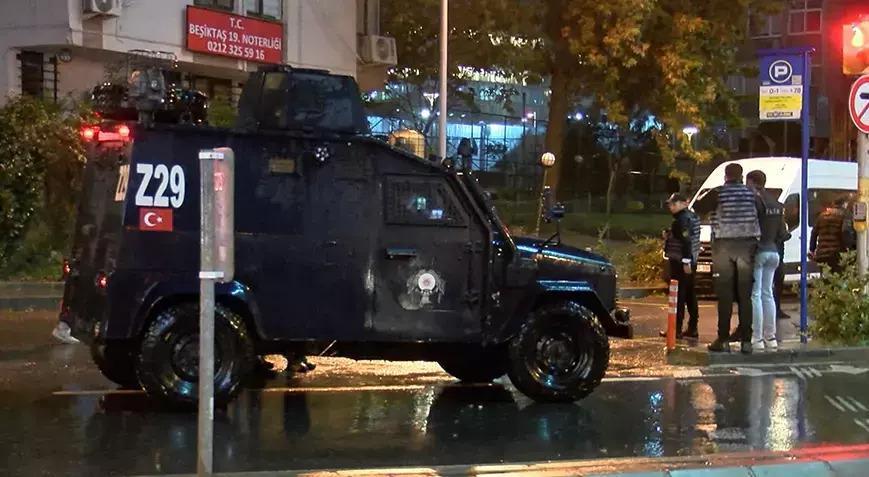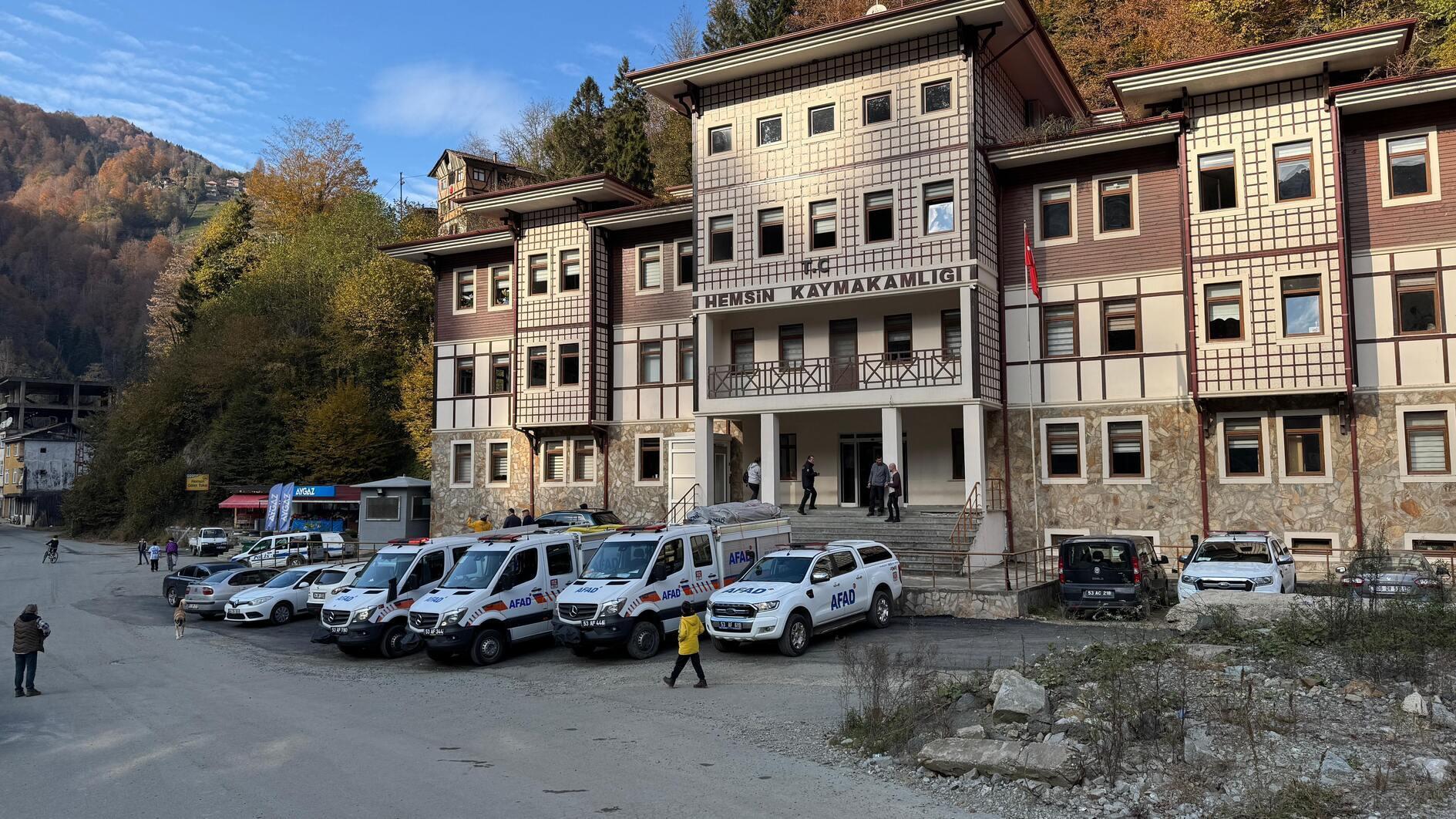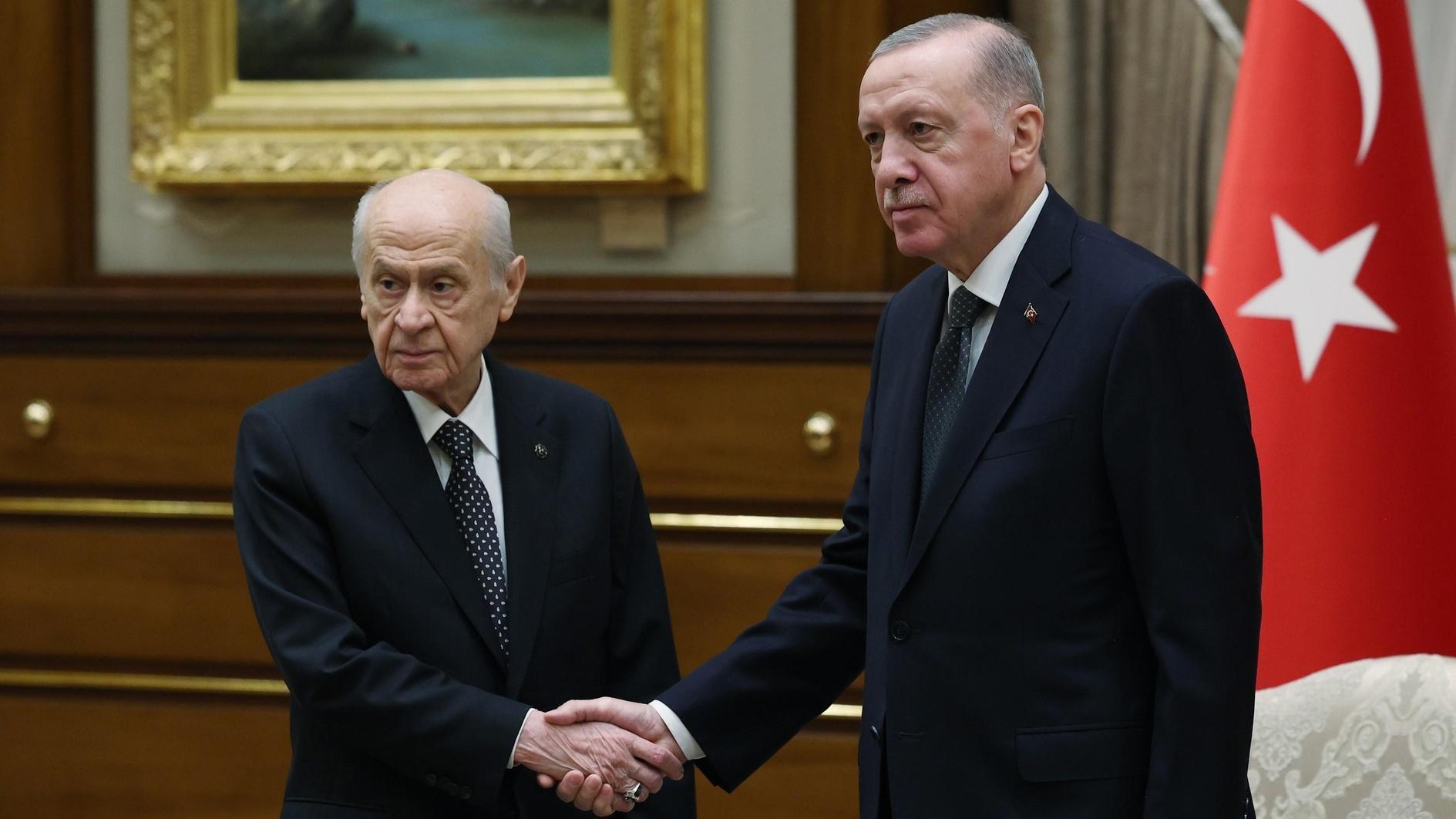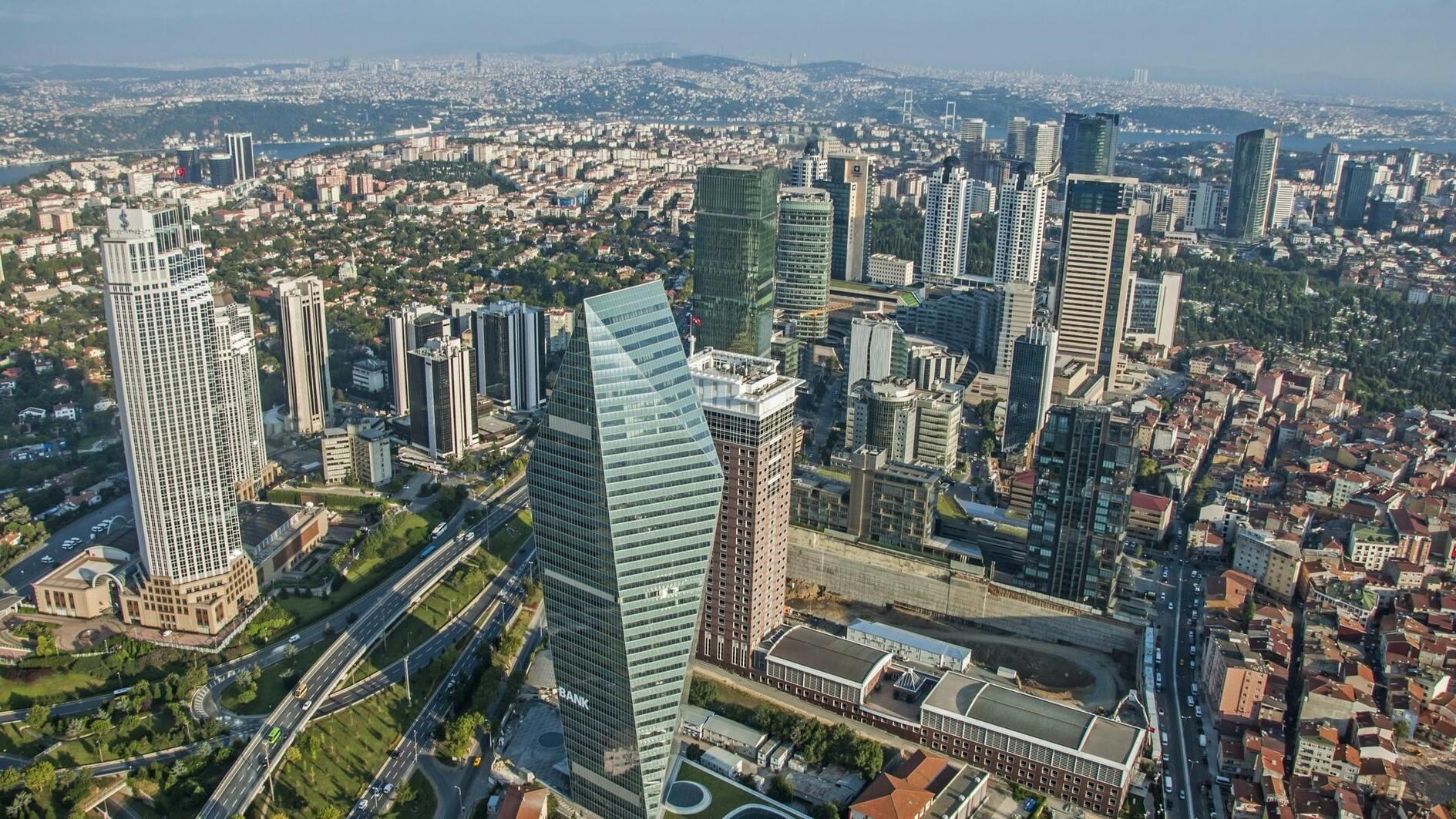Peace process has de facto ended, BDP co-chair says
DİYARBAKIR – Doğan News Agency
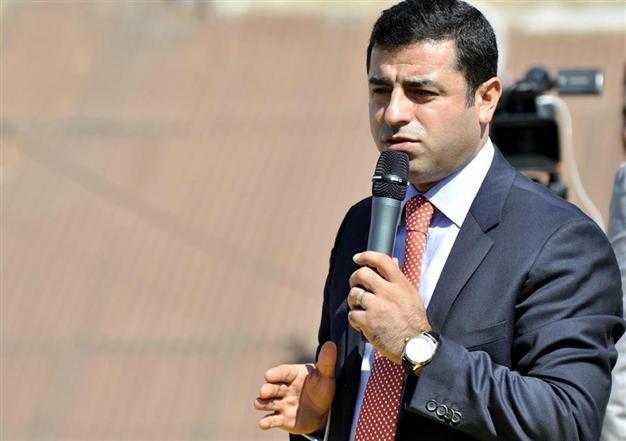
The BDP rejected Oct 7 reports that Selahattin Demirtaş planned to resign from his post following local elections scheduled for March 2014. DHA photo
The government has de facto ended the peace process, Peace and Democracy Party (BDP) co-chair Selahattin Demirtaş has said, criticizing the shortcomings of the democratization package revealed on Sept. 30 by Prime Minister Recep Tayyip Erdoğan.“The government mentioned negotiations at the beginning of this process and they were defining it based on a mutual dialog. Aside from the content of the democracy package, the prime minister’s words announcing it confirmed there is no process anymore. The package has nothing to do with the process.
There is no dialog, the government has de facto ended the process,” Demirtaş said Oct.8 during a press meeting in the southeastern province of Diyarbakır, which was scheduled after the cancelation of the party’s usual parliamentary group meeting earlier in the day.
He claimed that the ruling Justice and Development Party (AKP) was trying to claim credit for eliminating problems that had already been solved in the form of lifting the ban on headscarves for public sector workers, as well as the recitation of the national oath.
“Our children already gave up reading the national oath three or four years ago,” Demirtaş added, indicating that there was no problem in terms of practice.
The BDP co-chair also claimed that the imprisoned Abdullah Öcalan was a “hostage” being held by the Turkish government in Imrali Island prison.
Demirtaş also took the opportunity to dismiss rumors of his impending resignation. “There is no debate on the co-chairpersonship within the party, no resignation is on the agenda,” he said.
BDP crisis rumors
Demirtaş’s press meeting came amid ongoing speculations claiming that the BDP is going through some stormy transitions, and even possibly deepened them, of which Demirtaş himself has been at the center.
The BDP’s unexpected decision to cancel its parliamentary group meeting scheduled for Oct. 7 and Demirtaş’s announcement that he was holding a press meeting on the same day revived the questions that have been lingering for the past few days.
The issue became public after a number of agency reports claimed that Demirtaş planned to resign from his post following local elections scheduled for March 2014. The reports said he had decided to step down as joint leader of the party after the BDP administration turned down his suggestion to hold an extraordinary congress before the elections in March, earlier reports said.
Despite both Demirtaş, in his press meeting, and the BDP, in a written statement issued on Oct. 7, dismissed the rumors of his impending resignation, speculation over chilliness among prominent party figures has yet to be strongly refuted.
One of the reasons rumored to be behind Demirtaş’s uneasiness with the party is the BDP Women Council’s insistence on nominating women candidates for mayor positions in 22 key provinces, while he opts for a more balanced distribution.
Meanwhile, the party is also reportedly planning to nominate a woman candidate to run for the position of mayor for Diyarbakır.
The post has been held by Osman Baydemir for the past two terms, but some reports suggested that he would take a hiatus.
Baydemir, one of the most controversial and strong figures in Kurdish politics, is already unable to be nominated for a third term according to the BDP’s internal regulation.


